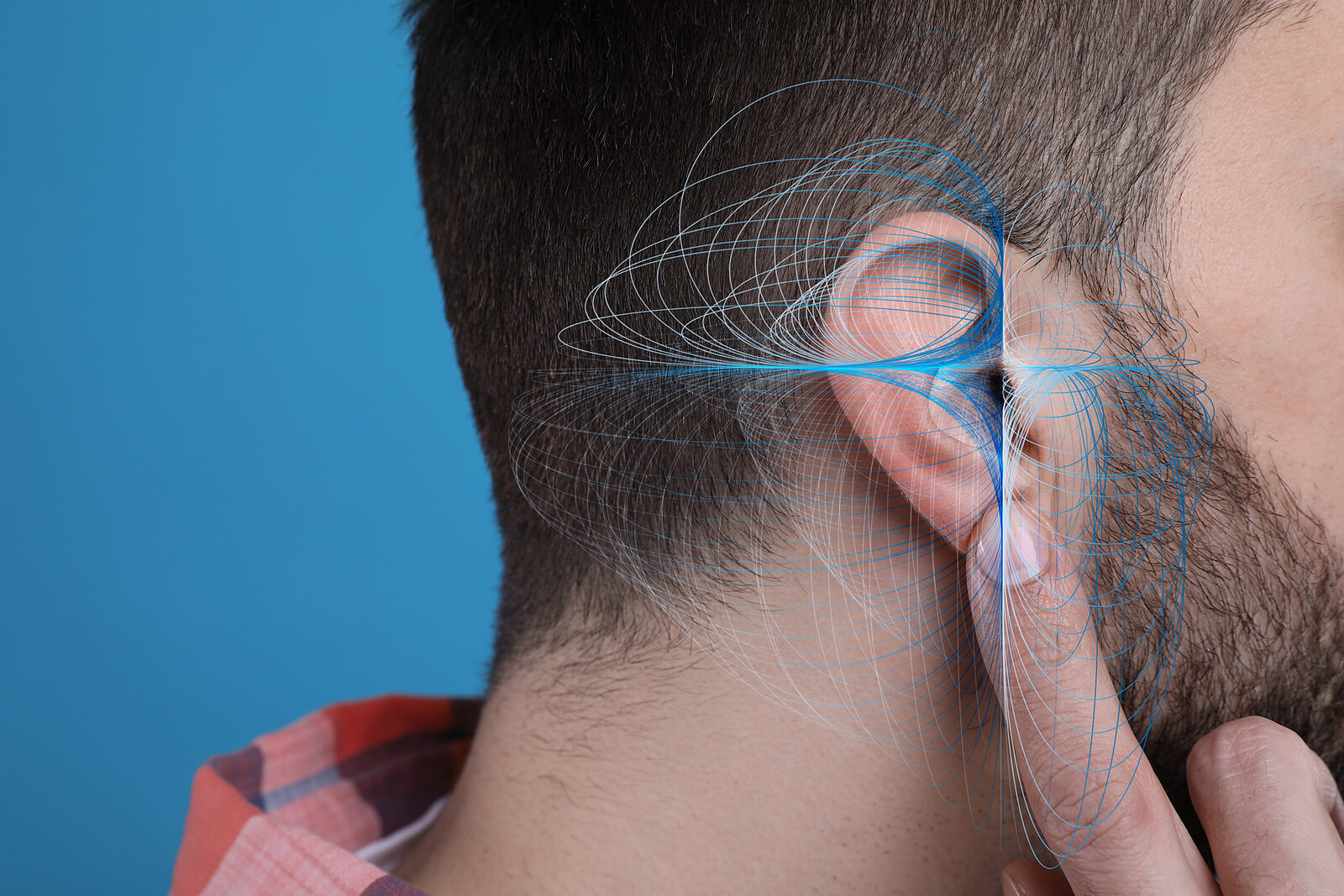Auditory Processing Disorder


What is Auditory Processing Disorder?

Causes of APD

Signs of Auditory Processing Disorder

- Difficulty following spoken instructions
- Often says “what?” or asks for repetition often
- Difficulty following multi-step directions
- Struggling to distinguish between similar-sounding words
- Challenges filtering out background noise
- Difficulty localizing sounds
- Learning and communication difficulties (problems with reading, reading comprehension, phonics, spelling, etc.)
- Can seem forgetful or easily confused
- Heightened sensitivity to loud sounds
At Sunshine Audiology, our experienced team works collaboratively with individuals and families to ensure a thorough understanding of the challenges faced by each individual.
Testing and Diagnosing APD

We offer APD evaluations for ages 3 ½ years and up. APD testing is completed in a sound booth using headphones or ear inserts. Our auditory processing test battery includes a variety of recorded tests that evaluate the central auditory nervous system and specific deficits with age appropriate normative data. We evaluate your performance in noise, dichotic listening, phonemic synthesis, and temporal processing. The APD deficit categories and their descriptions include:
- decoding deficit: in inability to quickly and accurately digest speech.
- integration deficit: creates difficulties with tasks involving both visual and auditory input and difficulties localizing sound
- tolerance fading memory deficit: an inability to tolerate background noise and retain auditory information.
- organizational deficit: an inability to plan, sequence, or organize one’s response to auditory stimulus or instructions.

Treatment Options

- Auditory training involves exercises designed to sharpen specific auditory processing skills. This can help your brain learn to identify different sounds, improve sound localization, and learn to focus on specific sounds even when there’s background noise. Depending on the needs of the individual, Sunshine Audiology offers:
- Buffalo Model Auditory Training
- ARIA training for deficits in binaural integration and interaural asymmetry,
- CAPDOTS therapy for integration deficits,
- Acoustic Pioneer computer programs
- Safe and Sound Protocol
- Interactive Metronome
- Low-Gain Amplification and FM systems: In some cases, patients benefit from FM systems or low gain amplification/hearing aids in addition to auditory training. These systems improve the signal (speech) to noise ratio by increasing the volume for speech sounds.
- Speech-language therapy may address language and communication challenges associated with APD, promoting clearer expression and comprehension.
- Changes in your environment can also help you manage APD. Reducing background noise, using visual cues, sitting closer to the person speaking, and using assistive listening devices can all help manage APD and improve communication.
We take a collaborative approach to treating APD. By considering factors such as age, severity of APD, and specific areas of auditory processing affected, we’ll recommend treatment options and refer you to other specialists for additional support.

Importance of Early Diagnosis and Intervention
The early stages of life are critical for the development of auditory processing skills, and early intervention can significantly impact a child's ability to succeed academically and socially. By addressing APD early on, we aim to minimize the impact on learning, communication, and overall quality of life.
Early identification of Auditory Processing Disorder is crucial for effective intervention and improved outcomes. Especially in children, early diagnosis can help children develop coping strategies, refine auditory processing skills, and thrive in various learning and social environments. Our team works collaboratively with parents and other professionals to implement tailored interventions that support the unique needs of individuals with APD.
